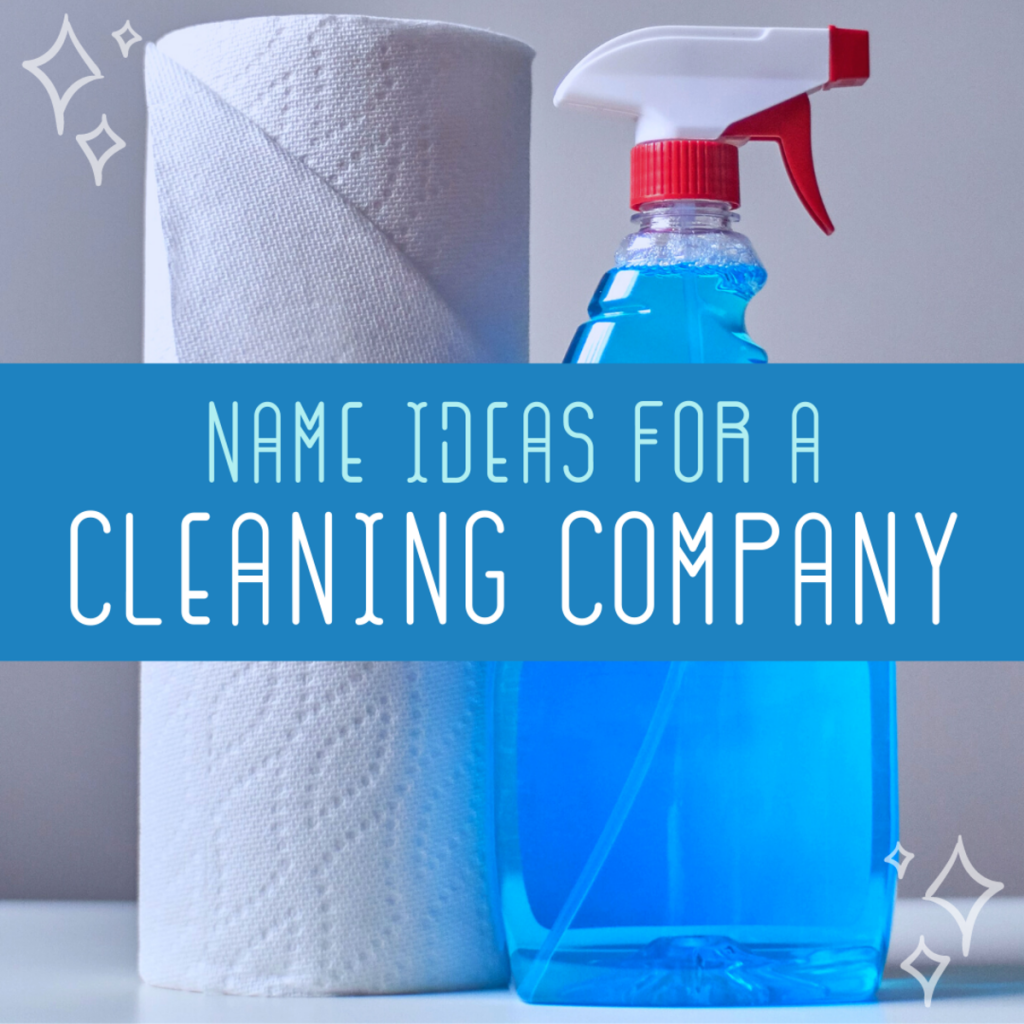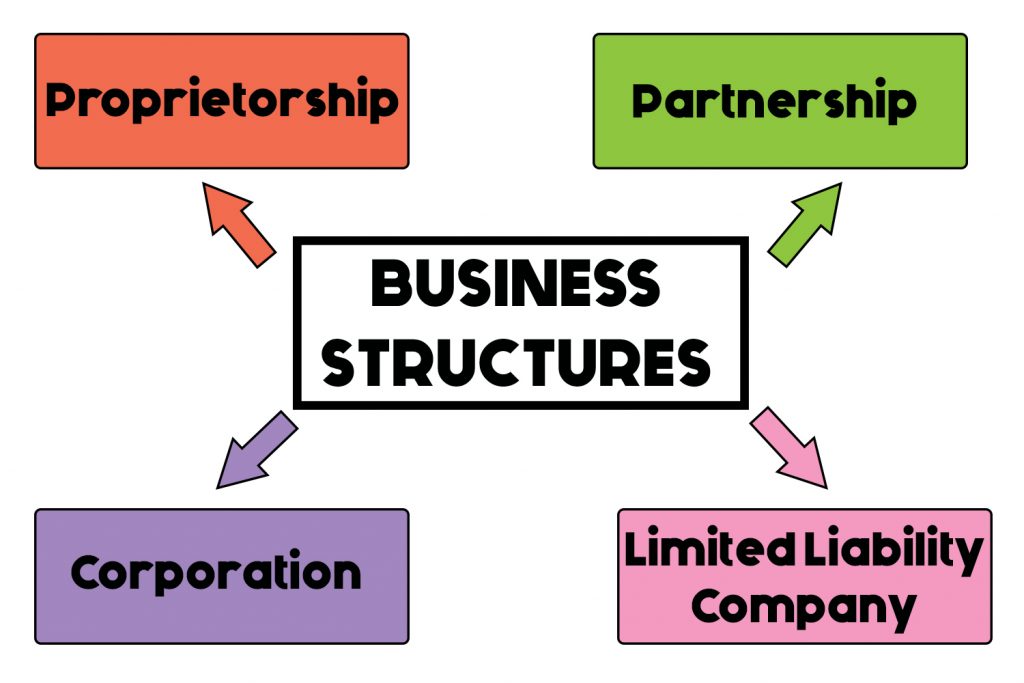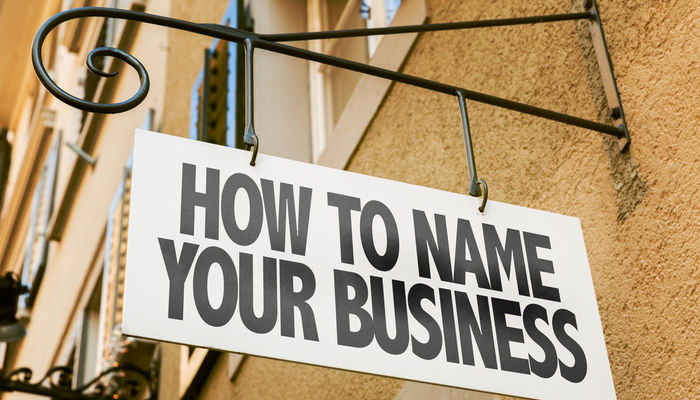Starting a business includes careful planning, writing a business plan, making important financial decisions, and completing important activities. A cleaning business can be a good choice if you want to start a new business with minimal start-up costs, no typical operational costs, and reliable demand. The cost of cleaning services is less than other businesses.
It is one of the few businesses that you can start fast with very little capital, provided you work hard for modest profits and gradual gains. Most cleaning businesses will include products that are included in your household chores except for certain cleaning chemicals and equipment. But that doesn’t mean it is an easy task, you can’t set up a larger cleaning enterprise immediately. To build up your cleaning business you will need to work hard until it is able to expand.
How To Start a Cleaning Business?
Starting a cleaning business is a good idea because cleaning services are in high demand, and you can earn good money by starting with a small amount. Let’s see how to start a cleaning business and what things you need to know to start your own cleaning business and make it a success.
1.Find Unique Cleaning Business Ideas:

When you are thinking of starting a cleaning business, make sure your work is worth paying for. To start the cleaning business the first thing you must do is to decide what kind of cleaning service you want to offer. For this, you need to create a list of cleaning services to get a unique cleaning business idea. There are numerous types of cleaning services you might choose according to your interest. You can also do market research. You should research other businesses in the area and the services they offer and be sure to read reviews of what people’s basic compliments and complaints are. It will help you to refine your cleaning business idea.
2. Choose the Right Cleaning Business:

You’ll then need to choose the right cleaning business based on your market research. Find out if there is a high demand for commercial services in your area or residential services. Where is the least competition for you? Choose your option carefully as they will determine the type of training and insurance you need.
Commercial Cleaning Services:
There is a large market for commercial cleaners. A commercial cleaning business associated with janitorial services for factories, warehouses, retail and commercial outlets, offices, hospitals, schools, retail storefronts, and other large spaces cleaning. Each client’s needs will be different, some clients only need a window cleaner, while others want a mix of cleaning services.
Residential Cleaning Services:
A residential house cleaning includes cleaning services at a client’s home. Residential housekeeping service providers provide all cleaning supplies, chemicals, and tools required to complete these cleaning tasks. Residential cleaning services include dusting, vacuuming, washing surfaces, mopping floors, polishing mirrors, and interior window cleaning. Most of these involve helping with regular household chores.
Deep Cleaning Services:
Deep cleaning services may offer services for both residential cleaning and commercial cleaning. One aspect of deep cleaning may include cleaning cabinets, pantries, walls, baseboards, fans, and other hidden areas. The purpose of this cleaning is to prevent cross-contamination and to thoroughly clean the most used areas of the home or office.
3. Write Business Plan:

Once you choose the right cleaning service now it’s time to write a business plan. While writing a business plan is not necessary for a cleaning service, it can aid in the elaboration of idea and assist you to avoid common errors. According to studies, business owners who take the time to write a business plan before establishing a cleaning business or any other type of business are 2.5 times more likely to succeed. The time spent developing a business plan aids startup business owners in developing skills that will be of great use in the future.
4. Funds Your Cleaning Business:

financing your cleaning business is the most important and challenging step to starting a cleaning business from scratch. You can use your business plan to figure out how much money you will need to start your own cleaning business. Every business has different financial needs and requirements. Once you have decided how much money you will need, the next step is to decide how you will get the startup money. Entrepreneurs frequently have to do this by taking out a personal loan, a business loan, or using credit, if they do not already have this money to meet the business needs. Depending on the size of the business, the cost of starting a cleaning service can be relatively low.
5. Decide your Business Legal Structure:

To start your cleaning business, you need to decide on the type of business you want to register. You should determine which business structure is most helpful when you start a cleaning business and how each business structure can help you meet your professional and personal goals.
Sole proprietorship:
The most basic type of business entity is a sole proprietorship. A sole proprietorship indicates that the business’s earnings and obligations are entirely the responsibility of one person.
Partnership:
A business partnership means that two or more people individually share responsibility and personal accountability for a business.
Limited Liability Company (LLC):
The limited liability company is one of the most popular business structures. This structure has legal protection for businesses and allows tax benefits of a partnership.
Corporation:
A corporation is an entity that is legally considered separate from its owners. In other words, corporations are allowed to hold property, hold them accountable, pay taxes and enter into agreements.
6. Choose Business Name and Logo:

After deciding on your business’s legal structure, the next step is to choose your business name. You should choose a name that accurately describes what you do. Your cleaning business should have a name and logo that you actually like. It must be catchy, short, and simple to pronounce. In order to keep things clear and focused, it must be in line with your purpose and vision statement. You can use a free business name generator that will help you find unique names for your business.
7. Set Reasonable Cleaning Business Budget:

When creating your initial budget, consider every stage that your business employees may experience when cleaning. Supplies and transportation are the two major expenses of basic cleaning services and If you require any specialist tools, you should also buy them so you can get started right away.
Transportation:
Any mobile business, like a cleaning service, depends on transportation, and getting to the job location is one of the most crucial requirements. Most cleaning services accept responsibility for getting to and from cleaning jobs, so, the transportation arrangements and responsibilities will mostly be on you.
Supplies:
The cost and quantity of supplies you use to run your business are entirely dependent on the services you provide and the number of customers you have. You can purchase goods in bulk and get them at discount prices from suppliers if you clean a few private homes each week.
Equipment:
The cost of cleaning equipment is a huge expense. In addition to cleaning equipment, you will need many cleaning tools, such as brooms, mops, disinfectants, worker safety gear, and more. In the event of a supply chain shortage or other random events, especially during a busy week, it is important to store them well.
8. Make Your Cleaning Business Legal:

To become a legal complaint, you need to register your business and get an EIN number. You should get insurance for your business to secure your business.
Register your business and get EIN:
Once you choose the business structure, then you must register your business with the state to operate your business legally. For this, you need an Employer Identification Number (EIN). It is a federal tax number that identifies your business. You can get your EIN number from the IRS website.
Get a business license:
The next step is to get a business license after you have finished the required registration. The business license allows you to run your business legally. The business license requirements may differ from other types of businesses. The license you require will also vary depending on the state in which you are located.
Get cleaning business insurance:
Starting cleaning a business without insurance is a high-risky. When it comes to protecting your business and your future employees, you should save it with the appropriate business insurance. You can also consult with an insurance representative for advice on insurance coverage. Different types of insurance are available, depending on what you need. These types are as follows:
- General liability insurance
- Health insurance
- Car insurance
- Business Owners Policy
- Workers’ compensation
- Responsibility for employment practices
9. Open a business bank account:

You should open your cleaning business bank account to run your business smoothly. It helps you to separate your personal and business finances. You may manage your regular commercial, tax, and legal concerns with the use of a small company checking account.
10. Set your rates:

Next, you need to set the rate of your cleaning business. Pricing for cleaning and maintenance can vary depending on location, home size, and working. There are three ways to set rates for the cleaning business. It can be set by the hour, by flat or square footage. Hourly and flat rates work for both commercial and residential cleaning. The flat-rate offer is based on how long it typically takes your cleaners to complete a single-family home. While the commercial cleaning rate is based on per square foot.
11. Marketing Your New Cleaning Business:

Once you set up a cleaning business structure, file the proper licensing documents, and purchase all your cleaning supplies, it’s time to find clients. To market your cleaning services, you might create flyers, launch a website or email campaign, spend money on digital marketing, or put-up signs around your business property or in other places. If you already have some customers, you can get help from satisfied customers. You can also provide referral discounts or vouchers to persuade existing clients to spread your business.


